Recreational Reads Available Through New OverDrive Subscription
Looking for your next great read? Northeastern University Library is proud to announce our new OverDrive platform, which offers a dynamic collection of e-books and audiobooks to all members of the Northeastern community. Enjoy curated selections of new fiction, popular nonfiction, classic works, and audiobooks.
You can explore the full OverDrive collection at northeasternuni.overdrive.com. We’re adding new materials all the time, so be sure to check back frequently! Northeastern’s OverDrive platform connects seamlessly to the free Libby app for iOS and Android, which allows you to place holds, check out books, and read or listen on your tablet or smartphone. If you’re a member of a public library that supports Libby, you can quickly switch between library accounts to maximize your reading experience.
E-books and audiobooks in the OverDrive collection are also linked directly from Scholar OneSearch, our library catalog, so you can do all your searching in one place!
Users are currently able to check out three titles at a time for up to two weeks, and can place a maximum of three simultaneous holds. When accessing materials on OverDrive, you’ll be prompted to log in with your Northeastern/Mills or NCH London credentials.
Northeastern’s OverDrive instance replaces our previous membership to the SAILS OverDrive platform, and allows Northeastern librarians greater control over the materials in the collection. This means that we’re able to respond to your requests! If there’s something you’d like to see in the library’s collection, just fill out the Recommend a Purchase form to let us know.
Here are some recommended reads to help you get started…
Persuasion: The recent Netflix adaptation of this Jane Austen novel may have been a bit of a flop, but the original story is a classic for a reason. Austen’s final work is a romantic meditation on love and duty.
Book Lovers: This New York Times bestseller is a love letter to books and reading, and a romance between two very different—but maybe not so different?—readers.
Between Two Kingdoms: At twenty two, Suleika Jaouad has just graduated from college and has her whole life ahead of her. Then, without warning, she’s diagnosed with leukemia. But this is not a book about surviving cancer. It’s a book about what comes after: learning to live in the world again.
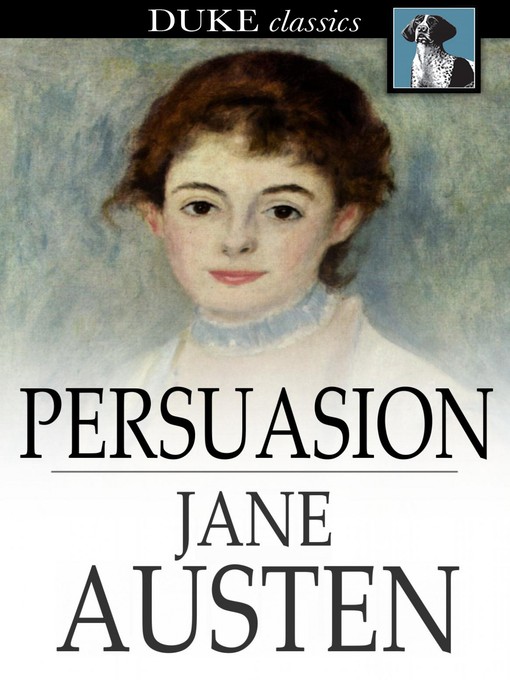
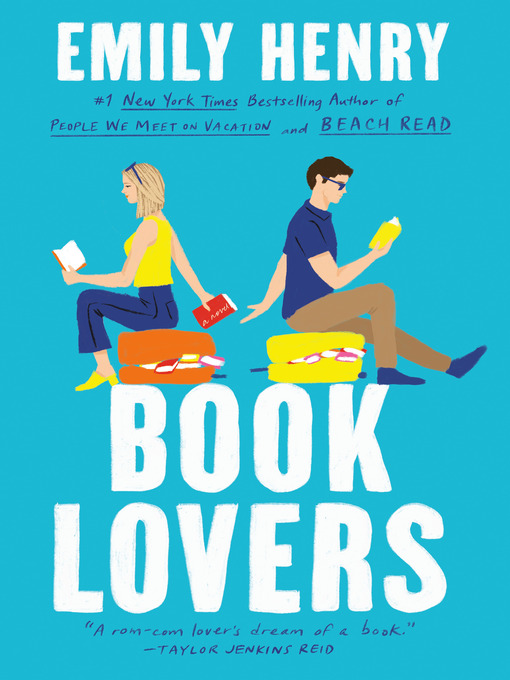
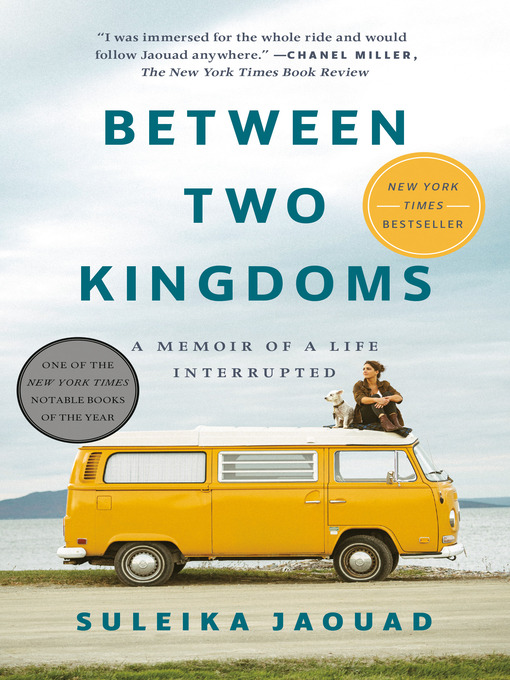

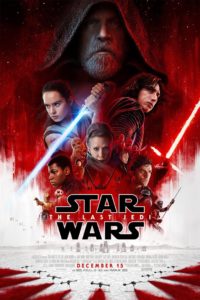
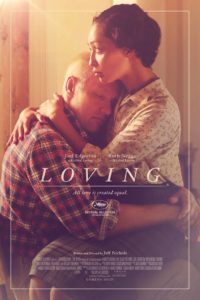
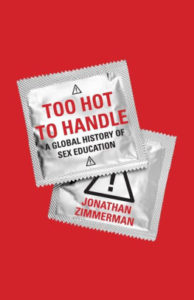
 Don’t miss the keynote event of Open Access Week! Join us tomorrow morning from 8:00-9:30 a.m. for continental breakfast with our special guest speaker.
Don’t miss the keynote event of Open Access Week! Join us tomorrow morning from 8:00-9:30 a.m. for continental breakfast with our special guest speaker. 


